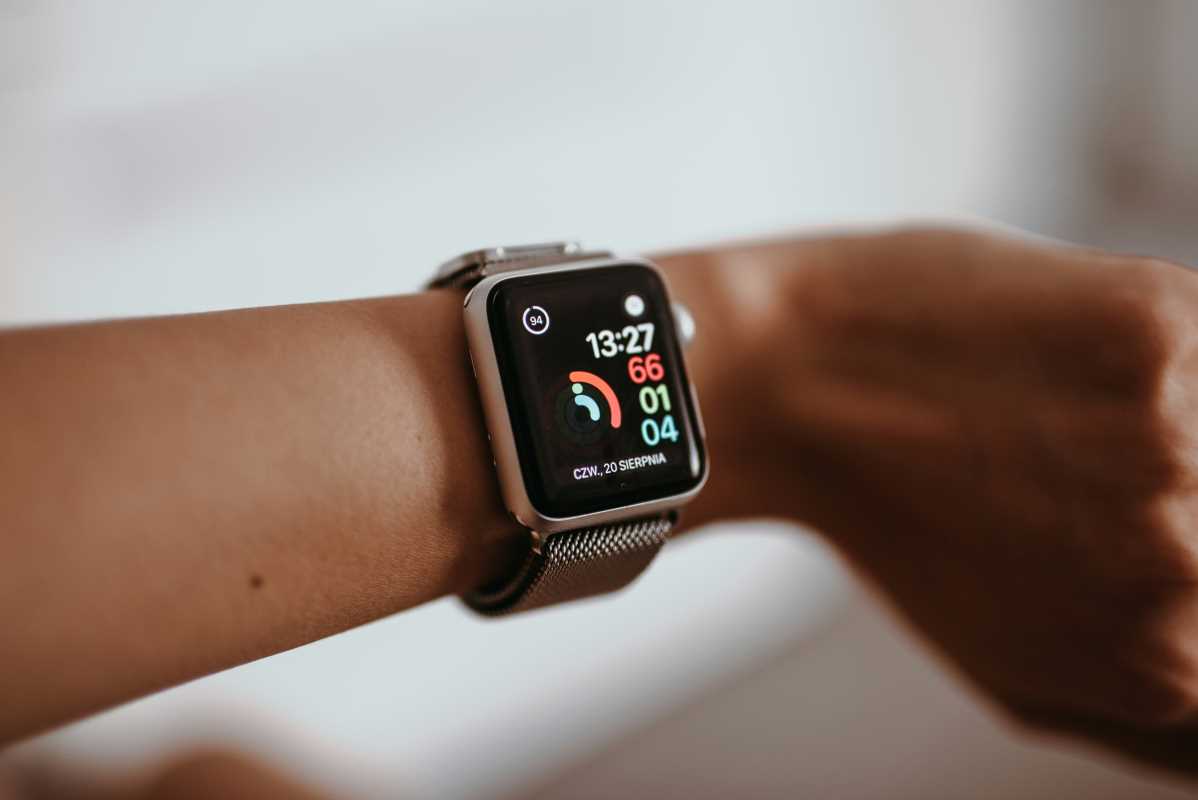Wearable technology is revolutionizing the way we monitor mental health. With innovations ranging from smartwatches to advanced headbands, these devices offer fresh and effective methods to oversee our emotional and psychological states. As society becomes increasingly aware of mental health issues, the need for trustworthy tools to observe and manage our mental well-being becomes ever more crucial. Far from being a fleeting trend, wearable tech stands as a practical and transformative solution that is redefining the landscape of mental health care. It empowers individuals to take an active role in their mental health journey, fostering a deeper understanding and proactive management of their well-being.
Types of Wearable Tech for Mental Health
- Smartwatches: Devices like the Apple Watch and Fitbit track heart rate, sleep patterns, and physical activity, giving insights into your stress levels and overall mental state.
- Headbands: Products like the Muse headband monitor brain activity and provide real-time feedback during meditation, helping users enhance their mindfulness practices.
- Fitness Trackers: These gadgets track physical fitness and offer features like mood logging and stress tracking, which are essential for mental health monitoring.
- Smart Jewelry: Items like smart rings and necklaces discreetly monitor physiological signals such as skin temperature and heart rate variability, allowing subtle mental health tracking without being intrusive.
- Biofeedback Devices: Tools like the Spire wearable monitor breathing patterns and provide alerts to help manage anxiety and stress in real-time.
How Wearable Tech Works
Understanding how wearable technology functions helps users make the most of these devices for mental health tracking. Here's a simple breakdown:
- Data Collection: Wearable devices come equipped with various sensors that gather physiological data such as heart rate, skin temperature, and movement patterns throughout the day.
- Data Transmission: The devices transmit the collected data to a paired smartphone or computer via Bluetooth or Wi-Fi, ensuring that the information remains readily accessible for analysis.
- Data Processing: Advanced algorithms process the raw data to identify patterns and trends that link to mental health indicators like stress, anxiety, and mood swings.
- User Feedback: The processed data presents insights to the user through an app or dashboard, sometimes offering real-time alerts to help manage mental health proactively.
- Continuous Improvement: As users interact with their devices, the algorithms learn and improve, delivering more personalized and accurate mental health tracking over time.
Benefits of Tracking Mental Health
- Early Detection: By continuously monitoring mental health indicators, wearable tech helps identify early signs of mental health issues, allowing for timely intervention.
- Personalized Insights: These devices provide customized feedback based on individual data, helping users understand their unique mental health patterns and triggers.
- Enhanced Self-Awareness: Regular tracking encourages users to become more aware of their mental states, improving self-management and coping methods.
- Improved Treatment Outcomes: Healthcare providers can use the data from wearables to tailor treatments and therapies more effectively, leading to better outcomes.
- Convenience and Accessibility: Wearable tech makes mental health monitoring accessible anytime and anywhere, removing barriers to consistent tracking and support.
Privacy and Security Concerns
While wearable technology offers numerous benefits for mental health tracking, it also raises important privacy and security issues. User data is highly sensitive, and protecting this information remains paramount. Instances of data breaches have exposed personal health information, highlighting the need for robust security measures in wearable devices.
Moreover, the continuous collection of data by these devices can lead to potential misuse if not adequately safeguarded. It's crucial for manufacturers to implement strong encryption and for users to be aware of the privacy settings on their devices. Ensuring that data is used ethically and responsibly is essential to maintain trust in wearable tech. The role of telehealth in trauma recovery and emotional support offers significant insights into mental health support tools. Telehealth as a tool provides a comprehensive perspective on these advancements.
The Future of Wearable Tech in Mental Health
The landscape of wearable technology in mental health is rapidly evolving, with future advancements promising even more sophisticated tracking and support. One area of significant growth involves the integration of wearable sensors that can monitor a broader range of physiological parameters, providing a more comprehensive understanding of an individual's mental health.
The development of artificial intelligence and machine learning algorithms will enhance the accuracy and predictive capabilities of these devices. Future wearables may offer more personalized mental health approaches, adapting in real-time to the user's needs and environmental factors. Innovations such as non-invasive brain-computer interfaces could also open new avenues for mental health treatment and monitoring, making wearable tech an even more integral part of mental health care.
Wearable technology is changing how we track and manage mental health. By offering continuous, personalized insights, these devices help individuals take control of their mental well-being. As technology advances, the future looks promising for even more effective and secure mental health monitoring solutions.
 (Image via
(Image via.jpg)





